—: Epigraph :— The whole world passes at my shoulder And all flesh does is to grow older.
—: Transcontinental :— The train spins forward endlessly. Outside The sunlit trees and the patient procreant fields Flash past me and are gone. Drab little houses pass me silently, Colored without from the drab lives within. I see them, and I see them not. My heart Half dwells behind me, lingering with lips new-lost, And half leaps forward to the journey's end. Only my body sits here listlessly, Here where the sunlit trees Flash past me and are gone.
—: To Amy Lowell :— Who Visits Me In A Hospital Like a fleet with bellying sails, Like the great bulk of a sea-cliff with the staccato bark of waves about it, Like the tart tang of the sea breeze Are you; Filling the little room where I lay straitly on a white island between pain and pain.
—: Weariness :— I am so tired! A haze of heaviness is over me. Voices come dully through the void; And though I hardly understand And my mind fumbles like a sightless thing My tongue makes answer thickly. All my world, the prick of all my being, Dulls to this: only to rest, to rest, And to be sunk miles deep In inert flesh . . . I am so tired.
—: Beset :— I am a fire, beating in a storm, Turning and twisting to keep me warm. The wind blows and scatters me, The rain comes and batters me, The hail falls and shatters me. But still I burn. And I turn This way and that way. I flicker and strive; I eat my own heart—but I keep alive.
—: Overplus :— I have been so long with you that I crave Your absence. You are meat to the hungry, and wine to the sick at heart. You are the sun that warms me, and the quick air I breathe. You are my own heart beating in me. Yet, for that I am mortal, I crave Your absence.
—: Sacred Mountain :— [excerpts] The rhythm ceases here. Time has no place. This is the end that has no end . . . The stone grows old. Eternity Is not for stones.
NOTE: A kind of ‘found tanka’ or ‘stitch’ sewn together out of two fragments or ‘cuttings’ from ‘The Most Sacred Mountain’ (1916). This is partly inspired by tan’renga (a kind of ‘linked’ poem in which two poets collaborate on a single tanka together, in call and response fashion) and the ‘stitches’
has been making out of Forgotten Poets posts on notes (if you don’t know Ann’s work, check out their newsletter Microseasons—it’s dope!).“Eunice Tietjens (1884-1944) was born in Chicago, Illinois. She has written a novel, Jake, and has worked as an editor [significantly, she was as an associate editor on Harriet Monroe’s Poetry magazine for over 20 years]. In 1917-18 she was a war correspondent in France… [She is] remarkable for an astonishing versatility of thought and technique and her best work has an assured brilliance.” (Marguerite Wilkinson, Contemporary Poetry, 1927) Published numerous books of poetry including Profiles of China: Sketches in Free Verse (1917), Body & Raiment (1919), and Leaves In Windy Weather (1929).
“Tietjens writes free verse as well as she writes rhymed stanzas, and she writes rhymed stanzas as well as she writes free verse, which is unusual. Moreover, she writes as well about a baby as about a steam shovel, as well about ‘greatness’ as about any human emotion.” (Marguerite Wilkinson, 1919) Furthermore Tietjens excelled at translation, particularly of Chinese and Japanese poetry, both of which influenced her approach to poetics. For instance, Tietjens’ own translations of Akiko Yosano—an experimental Japanese tanka poet of the early-1900s—clearly had a lasting impact on her work;
The heart of a woman of thirty Is a measure of fire, Having neither shade, nor smoke, Nor sound. It is a round sacred sun In the sky at evening; Silently, Penetratingly, It burns—burns. —Akiko Yosano
Poetry = Emotion + Magic
“When the poet has seen clearly the core of the emotion, there remains to be captured that other essential without which no lyric can live, that greatest of imponderables, magic... For no net can capture magic, and no recipe can teach us how to create it. Often it is found clothed in the purely 'poetic' words. Yet poetic words are not an integral part of it... Sometimes it seems to come from the sound of the words… Yet this element is also only secondary.”
“In the world of today the lyric poet is the successor of Merlin. They alone can weave spells about common things and turn them by a sure alchemy into the pure gold of inescapable beauty... Today the outward phenomena of magic have been stripped away. It was enough for Aladdin's djinn to wave his hand and create a palace overnight. Nowadays any wealthy man can wave a million and create the same effect. But we know it is not magic. What was magical in the djinn was the escape from reality, the freeing of the heart of Aladdin from the bounds of self. And this is the power of the lyric poet—a power which time cannot touch.” (Tietjens, ‘The Lyric in Poetry’, 1923)
—: After Eunice Tietjens :— by Dick Whyte also bodies are wild & a kind of wilderness: fleshed out we map the desert of the real, let's go!
Forgotten Poets Presents:
Forgotten Poems, a living anthology of obscure and out-of-print poetry from the late-1800s and early-1900s. Explore the archives:
More from the Book Of Lost Rhymes . . .
The Dudley Sisters - 5 Short Poems (1914-1923)
The Dudley sisters were “famous in Chicago’s literary circles for their wit, exuberance, and talent.” (Poetry Foundation, 2024) Dorothy and Helen were poets, Caroline also wrote poetry and worked in the theatre, while Katherine was an illustrator and painter...
More poems about hospitals . . .
Edward Storer - 7 Short Poems (1907-22)
—: Fragment :— And you shall be A poet, and shall come Nearest of all To reading what May ne’er be read...
Yorozu Tsurumi - 4 Tanka (1926)
—: Autumn :— The hills dressed in autumn fire Burn crimson. A curved leaf flutters— Falling...
Helen Birch Bartlett - 6 Short Poems (1917-27)
—: October in Illinois :— October— A blood-red line, Low in the western sky— Grey everywhere— Cold and clear The frozen yellow fields— Nearness and distance interchangeable— A single rabbit-hawk Rapidly and sharply Winging its way Into the twilight...









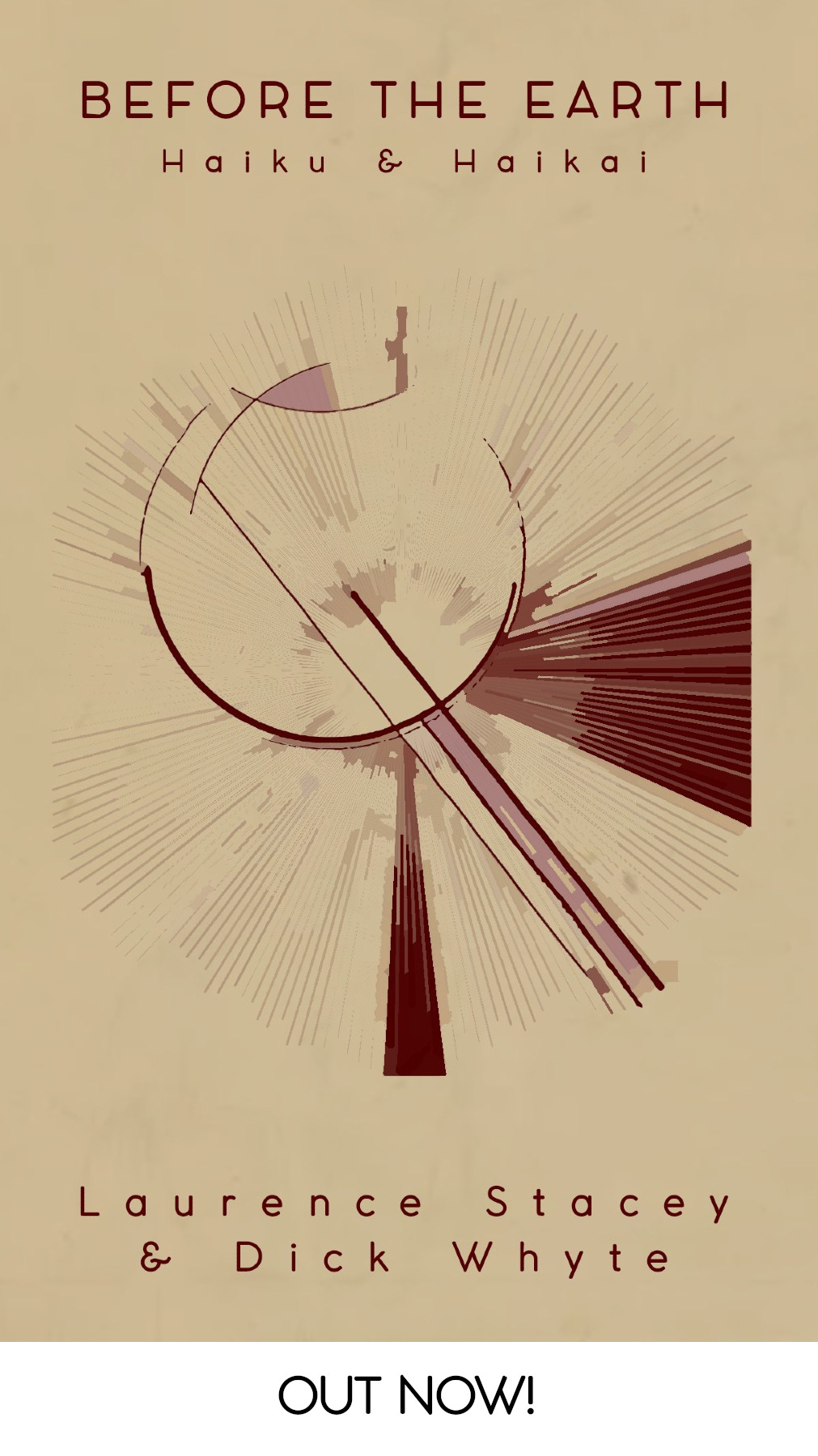
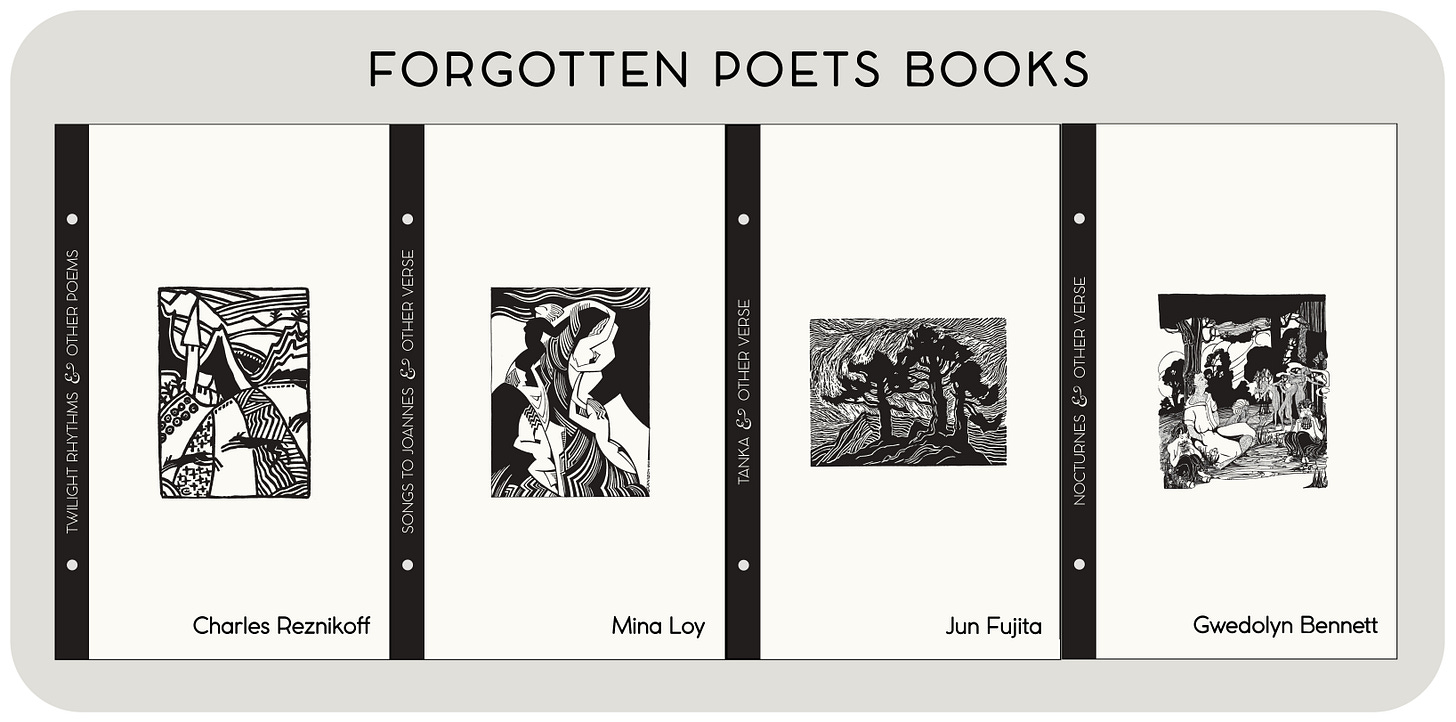
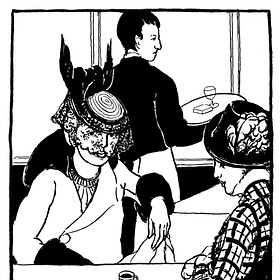

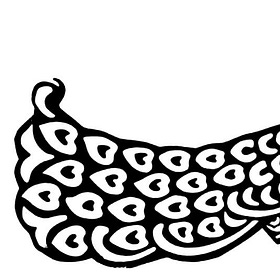
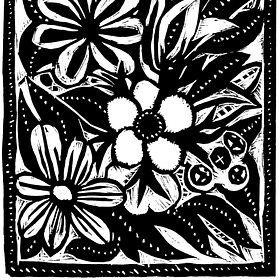
The denseness of Eunice Tietjens' work is astonishing. Every line is filled to the rim of preserved emotion. What a talent.
"also bodies are wild / & / a kind of wilderness:"
I think these lines capture a very beautiful thought.
Amazing writing, Whyte.👌🏾